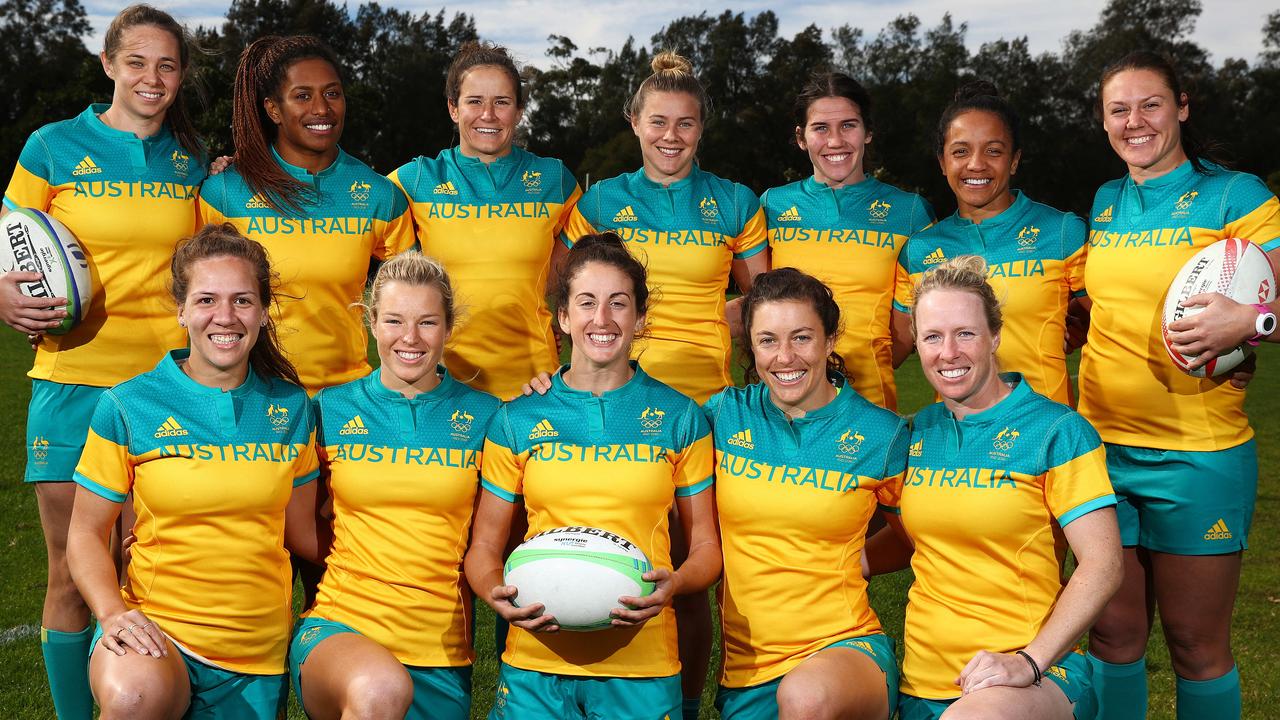
The majority of South Africans are African-Americans, with almost ninety percent being black. However, rugby is a game played by a majority whites. However, there has been an increase in black rugby players over recent years. The country's national rugby team is now a powerful force on international rugby.
South Africa's rugby began as a Cape colony sport. The British colonists introduced rugby to South Africa in 1899. It was quickly adopted by young Boer farmers. It spread along the gold, diamond and Natal routes. Eventually, there were rugby clubs in the interior as well. The Hamilton Rugby Football Club, now known as the Western Cape, was founded in Sea Point in 1875. It is South Africa’s oldest and most successful rugby club.

Although the game was played all over the country by many, it was still kept apart by the South African Coloured Role-Playing Board. Black players were denied equal opportunities to white players. They were nevertheless awarded national honours. The apartheid period saw black rugby players denied many of the same opportunities that were available to them as those for white players. The legal apparatus of apartheid was eliminated in the mid-1990s. Francois Pieena and Nelson Mandela shared the 1995 World Cup victory with the Springboks.
The Currie Cup South Africa's top domestic rugby union tournament is. The first edition of the tournament took place in 1892, and the trophy is still awarded to the top tier champions. A number of other trophies are also offered in the competition. In 2006, five teams, including four South African and Central Cheetah teams, announced that they would be participating in the competition. The competition is now 18 teams strong, with new teams from Argentina and Japan joining. It is expected that the competition will begin in January.
South Africa's national rugby side, the Springboks, is one of the most successful in the world. The current world champions are the Springboks. Since 2003, the team has been ranked seventh in the World Rugby rankings. The team has been a dominant force on the international stage of rugby and is still a very popular sport in South Africa. There are still many barriers that prevent South Africa from being more diverse in rugby.
The Cape colony introduced the game. Both coloured and uncolored people adopted it. South Africa wasn't made into a nation until 1910. At this point, the Cape Colony ("South African") sides played twenty matches, winning one and drawing one. The team lost one point and the first series was held at home.

The first South African rugby team toured the British Isles in 1906. The Springboks defeated Britain in 1906, an historic feat. The Africa Gold Cups in 2007 were cancelled because of a lack sponsors. The Rugby World Cup 2007 was won however by the Springboks. This sparked a new era for the country's rugby team, and signaled a new era for South Africa as a nation.
FAQ
Who participates in the extremes?
People of all ages and abilities participate in extreme sports. Children are just as interested in extreme sports as adults.
Younger kids can play games like dodgeball, tag, and capture the flag. Older children can form teams to compete against each other.
Adults can either participate in team sports or individual sports. There are many options to choose a team.
You'll probably need to ask someone who's already done it to show you how to start playing.
Do kids have to try extreme sports?
It depends on whether you are referring to sports as an entire sport or a specific sporting activity. If we're talking about all activities, they should try them. However, if we're talking about specific types of sport (i.e., skiing), this would depend on what kind of skiing they want. Extreme sports like bungee jumping are enjoyed by some while others enjoy more gentler options such as downhill ski. It also depends upon how risky the activity is. For example, someone who enjoys bungee jumping might not enjoy skydiving because of a fear of heights.
Is extreme sport expensive equipment?
Yes. Extreme sports equipment can cost thousands of dollars. Participants in extreme sports don't necessarily need to have a lot of cash.
What skills do I need for extreme sports?
To become proficient in any extreme sport, you must practice every day.
It is important to practice and learn new moves. You will improve your performance by doing this.
You should also be familiarized with safety rules before you attempt anything new.
Protective gear, such as helmets, should be worn at all times. You should stay within sight of others.
You should never attempt to do stunts alone. A spotter is there to supervise you while performing your stunt.
Statistics
- Since 1998, overall participation has grown nearly 25% - from 5.2 million in 1998 to 6.5 million in 2004. (momsteam.com)
- Landscaping and grounds-keeping— according to government labor statistics, about 18 out of 100,000 workers in the landscaping industry are killed on the job each year. (rosenfeldinjurylawyers.com)
- Boxing— 90% of boxers suffer brain damage over their careers, and this is not surprising in the least, considering that they are throwing punches at each other's heads. (rosenfeldinjurylawyers.com)
- Nearly 30% of all boardsailors live in the South, and more than 55% of all boardsailors live in cities with a population of more than two million people (momsteam.com)
- Nearly 98% of all "frequent" roller hockey participants (those who play 25+ days/year) are male. (momsteam.com)
External Links
How To
How can you master parkour skills?
Parkour is a free running technique where people run through obstacles such as walls, buildings, fences, trees, etc. Parkour is a highly popular sport that has millions of participants. There are many different types of parkour techniques, which include freestyle, wall climbing, obstacle course, urban exploration, rescue, freerunning, urban combat, and others.
Fitness is any activity that increases your physical fitness and overall health. It can mean working out at the gym, doing cardio exercises, or even just going for walks. Parkour is considered a sport because it requires that athletes use their body strength and speed as well as coordination and agility.
These are some tips to help beginners get started in parkour training:
-
Do not choose a location with stairs or any other places that could be dangerous. Avoid hills and choose flat ground. If you are able to climb up trees, go for it.
-
Wear proper footwear, like shoes made from rubber or leather. If you aren't sure which shoe is best for you, you can try all of them and find the ones that feel right. You can make or break your parkour session by choosing the right shoes.
-
Bring water bottles and snacks to keep yourself hydrated during practice sessions.
-
Warm up first before you begin your parkour session. This is warming up your muscles before you start the parkour session. Start slow and build intensity slowly until your muscles feel fully warmed up.
-
Do not rely too much on your arms and legs when jumping. Instead, focus on your core strength and back muscles when jumping.
-
Don't push yourself too hard; instead, take breaks every now and then. This will allow your body to recuperate from the exercise without getting hurt.
-
While practicing parkour, listen to music. Music helps you to relax and concentrate.
-
Stretch your muscles to prevent any injuries after each session.
-
Do not forget to clean up after your self, especially if you are doing so in public. You won't endanger another person by doing this.
-
Keep track of your progress by noting down your performance in a journal. You'll be able to remember your strengths as well as your weaknesses.
-
Parkour is meant to be enjoyed. So enjoy the process and never let the fear of falling hold you back. Take a step back if you do fall.
-
Everyday, you learn new tricks and techniques.
-
Healthy food is important. You will gain muscle mass quicker if you eat a lot of protein.
-
Find a mentor. Mentors are usually able to show you how you can do certain moves. They also provide advice about how you can improve your skills.
-
Do not be afraid of asking questions. People love helping fellow enthusiasts learn new things, so if you have any questions, just ask!
-
Practice makes perfect. You can train whenever you want.
-
Have fun
-
Last but not less, remain safe!